It’s February, which means that many of us are struggling with our New Year’s resolutions. In fact, one study showed that by the end of January, 36% of resolution-makers had broken their resolutions.
So how can you improve your chances of success?
One key is to make a resolution into a habit. Habits are freeing and energizing, because they save us from the draining business of making decisions and exercising our self-control.
With habit, a question like “Should I go to the gym?” becomes as easy as “Should I brush my teeth?”
Research shows that about 40% of everyday life is shaped by habits. If we have habits that work for us, we’re far more likely to be happier, healthier, and more productive.
In my book Better Than Before, I discuss the twenty-one different strategies that we can use to make or break our habits. Some particularly popular, popular strategies to try:

1. Use the Strategy of Clarity, and be specific.
Resolutions like “Network more” or “Get more fun out of life” are vague. Put your resolution into the form of a concrete, measurable action, such as “Every month, attend at least two events with networking opportunities” or “Spend one afternoon every weekend at a fun event around town.” Being specific also makes it possible to…
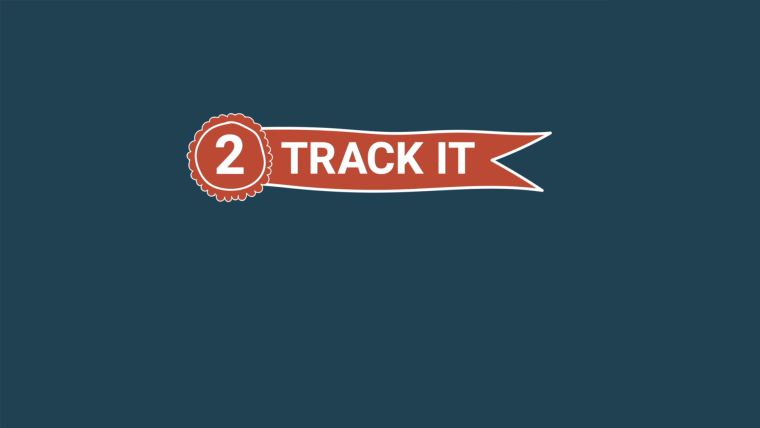
2. Use the Strategy of Monitoring, and monitor your habit.
Monitoring is almost uncanny in its power. When we monitor a particular behavior, we tend to do a much better job, whether that’s how fast we’re driving, how much we’re eating, how far we’re walking. Keep track, and you push yourself in the right direction.
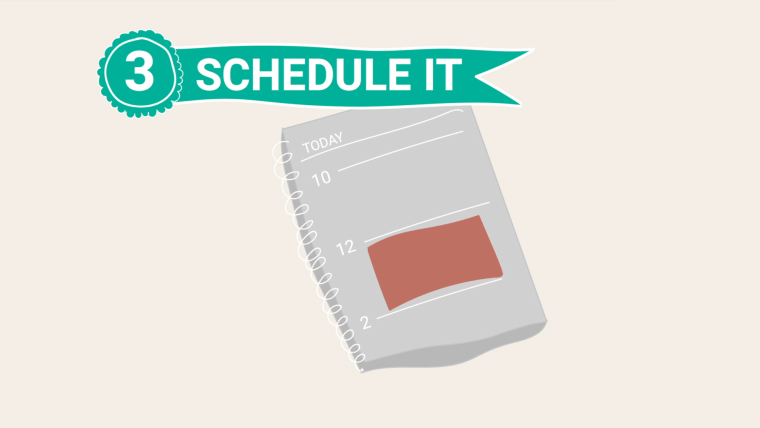
3. Use the Strategy of Scheduling, and schedule time for your habit.
A resolution like “Read more” can get pushed to the bottom of the to-do list. Even if it’s valuable, it’s just not urgent. So schedule a specific time for reading, for exercising, for practicing the guitar, and give it a protected slot on your calendar. But it’s crucial to remember that…

4. Working is one of the most dangerous forms of procrastination.
When you schedule time to do certain activity, you should do that work, and nothing else. No cleaning, no research, no checking emails. Otherwise, you may work and work, and never get around to doing the very thing you set out to do.
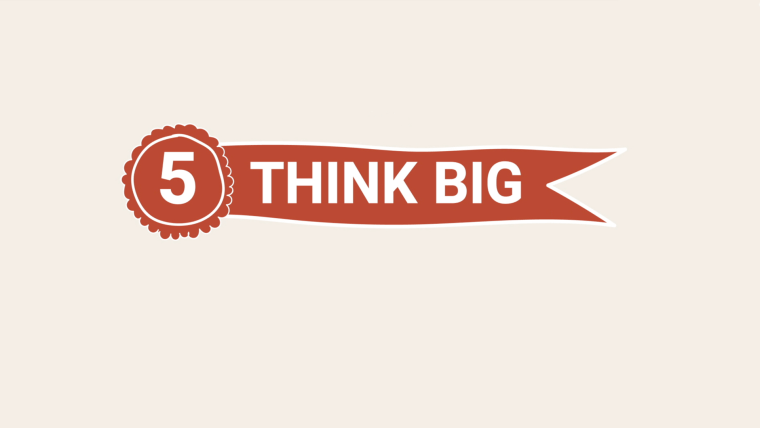
5. Use the Strategy of Distinctions, and think big.
Where do you want to be in two years? How could you develop skills to make your work more interesting and yourself more valuable? Some people prefer to think alone, with a pad of paper; others prefer to talk with a trusted co-worker or old friend; others might hire a coach. Or…
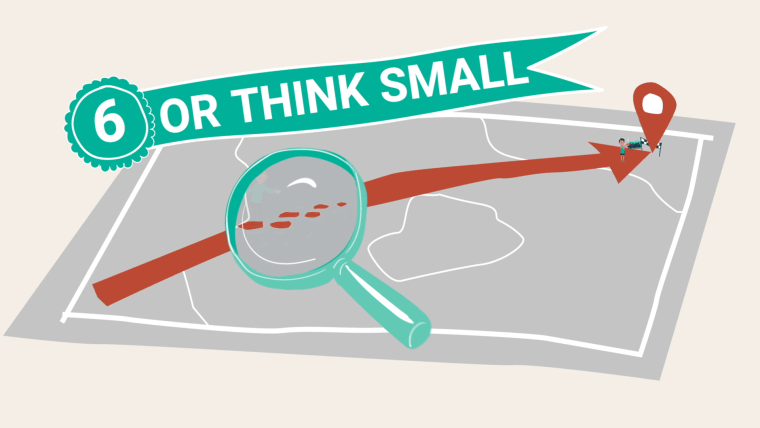
6. Use the Strategy of Distinctions, and think small.
Sometimes people get overwhelmed when they try to make grand plans or ask huge questions; it’s also useful to focus on small, manageable steps that you can incorporate into your life immediately.
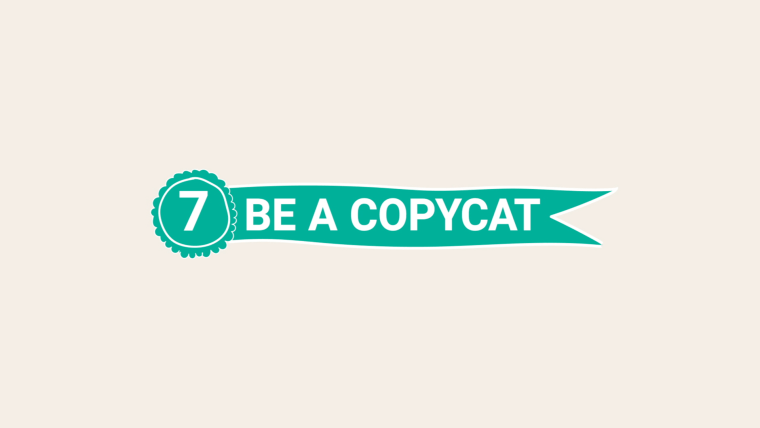
7. Use the Strategy of Other People, and spend time with people who have the habits that you want to imitate.
We tend to pick up habits from the people around us, so choose your company wisely. If you know that your friends splurge when they go out on Friday nights, make plans to meet for brunch instead.
8. Use the Strategy of the Four Tendencies and the Strategy of Accountability, if it works for you.
To help explain how people successfully form habits, I’ve identified the “Four Tendencies” personality framework.
This framework divides all of humanity into four types, depending on how they respond to expectations, both outer expectations (meet a work deadline) and inner expectations (start meditating).
Your “response to expectations” may sound slightly obscure, but it turns out to be very, very important.
- Upholders respond readily to outer and inner expectations
- Questioners question all expectations; they’ll meet an expectation if they think it makes sense (so they meet only inner expectations)
- Obligers meet outer expectations, but struggle to meet expectations they impose on themselves
- Rebels resist all expectations, outer and inner alike
Don’t know where you fit? Take the quick online quiz here.
Note: Have you given up making resolutions, because you always break them? Do you rarely let down other people, but you often let yourself down? Do you find it hard to make time for yourself? If so, you’re probably an Obliger. Plus, Obliger is the largest type; it’s the one the most people belong to.
Obligers often struggle with New Year’s resolution, and for Obligers, the answer is external accountability. Work with a trainer, take a class, hire a coach, get an accountability partner, join an accountability group, think of your duty to be a good role model… there are many ways to create outer accountability, when you realize that you need it.
But no matter what your Tendency, the most important thing to remember about habit change is: You must shape your habits to suit yourself—your own nature, your own strengths.
It’s not hard to change your habits, when you know what works for you. And it matters. When you change your habits, when you keep your New Year’s resolutions, you change your life.
Gretchen Rubin is the author of "Better Than Before" and "The Happiness Project." She blogs at GretchenRubin.com.